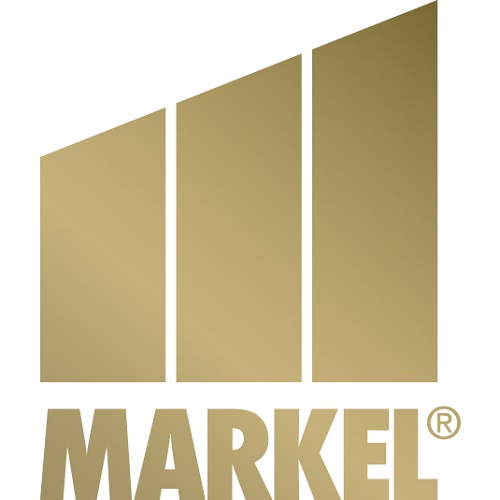The importance of securing the right cover at the right price

More than 65%* of customers working in specialist industries, are often inappropriately covered by their insurance policies. This article highlights the problems this could cause in the care and tech industries and how brokers can secure the right type of cover for their clients.
The importance of the tech and care sectors have been particularly evident in the past 18 months - technology has been vital in allowing us all to work from home and the care sector has been at the forefront of the country’s Covid-19 battle. The start-up business rate for tech firms has also continued to explode, showcasing the ever-growing nature of the industry as a whole.
Yet many companies and organisations within these industries are unknowingly at risk due to non-sector-specific insurance policies.
Big names dominate the insurance market and, while they are popular for good reason, they don’t provide specialist, tailored solutions. Richard Brooks, Broker Development Director at Markel, explains: “They will happily cover all businesses, but they do so in a very vanilla way. They will look at a tech or a care company in the same way as a shop or a warehouse.” As a result, the cover they provide is more general and when you delve into the finer details of what their insurance covers, in many instances it isn’t always suitable.
The issue with this is, while care and tech organisations may be covered with public and product liability insurance, they aren’t covered for more specific events relevant to that particular industry. Richard offers some examples: “As a care business, you might have general public liability and, in some cases, professional indemnity cover, but it will almost certainly exclude medical malpractice. So, if someone trips over a wire, you’re covered, but it’s not going to cover you if you’ve been unfortunately proven negligent in dispensing drugs or administrating care. For tech companies, public and product liability insurance will often specifically exclude things like R&D costs and efficacy, which again can create big problems.”
There is a real opportunity for brokers to add more value for their clients. However, many brokers are unaware that they have care or tech customers, as they may not recognise them as such. This tends to be down to there being so few specialists in these sectors. At Markel, Richard explains, his team provides brokers with common business descriptions of care and tech businesses, which brokers can use to identify which of their customers are operating in those sectors. In return, those brokers present the Markel team with a list of customers fitting the description and state who their current insurers are. “We can tell in 9 out of 10 cases whether or not that insurance is fit for purpose. Then we invite the brokers to send the cases to us when they’re up for review to make sure they’re fully covered and receiving the right sort of added-value benefits.”
Unlike most conventional insurers, Markel has tailored specialist cover that is designed around the needs of people trading in those sectors. Richard says: “We can make any broker look so much better in the eyes of their client, because by taking our specialist proposition that includes legal and tax support, we can probably save the client money too. Our value-added services can take away many of the regular pain points that SMEs have in the day to day course of running their business. For example, if they’re going through troubles with staff, we’ll provide helplines to guide them through that process. If they’re thinking of buying, acquiring or developing a product, we can help them to save money through tax incentives and reliefs, and we can claim on their behalf.”
For brokers, approaching a specialist provider for advice can be a huge win for both their clients and themselves. Tailored, sector-specific insurance is important in all industries, particularly care and tech, as mishaps happen, and in these rapidly growing industries, organisations need to ensure that their cover is as effective as possible.
*Based on Markel research on 100+ brokers and respective clients conducted in 2020-2021





















